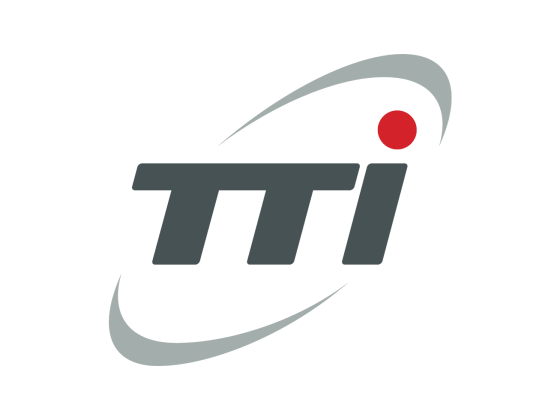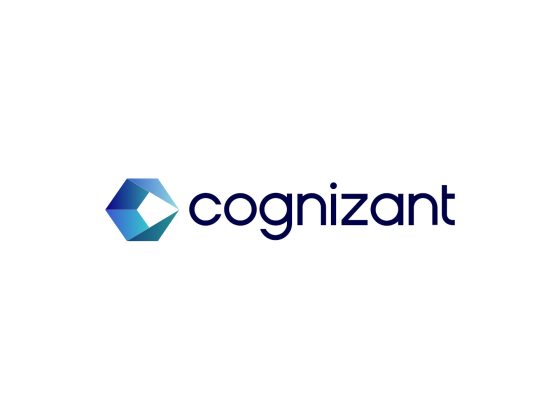The discourse around Artificial Intelligence (AI) has turned into a cacophonous echo chamber, dominated by political posturing and media buzz. This narrative, often marked by sensationalism or undue scepticism, drowns out the voices of those most intimately engaged with AI’s development: scientists, researchers, and practitioners. It’s high time we hit the ‘mute’ button on the noise and attune ourselves to the subtle symphony of scientific insights and pragmatic common sense that is integral to our understanding of AI.
AI is not merely a political weapon or a buzzword for the headlines. It is a complex, transformative science, continually refined by dedicated researchers. To appreciate the intricacies of AI, we must go beyond the cacophony. We need to delve into the works of AI pioneers like Yoshua Bengio, who is revolutionizing our understanding of deep learning, or Cynthia Breazeal, who is pushing the boundaries of what AI can achieve in social robotics. These experts’ voices can provide nuanced, factual insights into AI’s true capabilities and ethical challenges.
But the conversation should not be restricted to the laboratory walls. The discourse needs the flavor of common-sense perspectives that stem from the real-world application of AI. AI is more than a tool to cover human sloth; it can open avenues for creativity, problem-solving, and progress. Consider AI’s use in healthcare, where it’s not just streamlining administrative tasks but also enabling early detection of diseases, or in environmental research, where it’s helping predict climate change impacts with greater accuracy. These examples highlight AI as an amplifier of human potential rather than a replacement for human effort.
As citizens, it is our duty to foster informed opinions about AI. We must proactively sift through the noise, seek out reliable, fact-based sources, and pay heed to scientists, practitioners, and experienced users of AI. Demystifying AI should not be the exclusive domain of the tech-savvy. Each of us has a stake in the AI-augmented future, and we all need to engage with it critically, responsibly, and with an open mind.
Achieving this shift in the AI dialogue demands collective effort. We need media platforms that do more than parrot politicians – they must amplify the voices of AI practitioners and researchers. Schools and universities should weave AI literacy into their curricula, empowering future generations to contribute thoughtfully to the AI discourse. Businesses, too, have a role to play, making AI understandable and accessible to their customers and stakeholders.
The pendulum of AI understanding needs a push away from political rhetoric and media hype, and towards evidence-based, scientific insights. Only through this concerted effort can we ensure that our perceptions, decisions, and regulations concerning AI are rooted in reality. More than that, we can help steer the course of AI so that it serves our collective interests and opens up a future teeming with possibilities.












